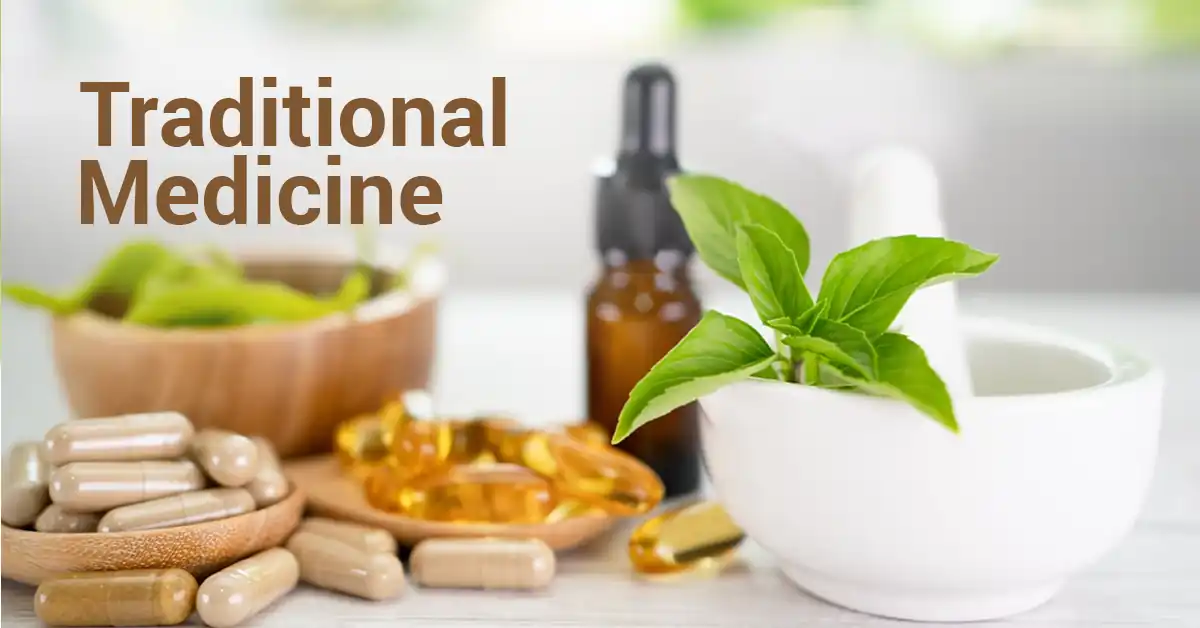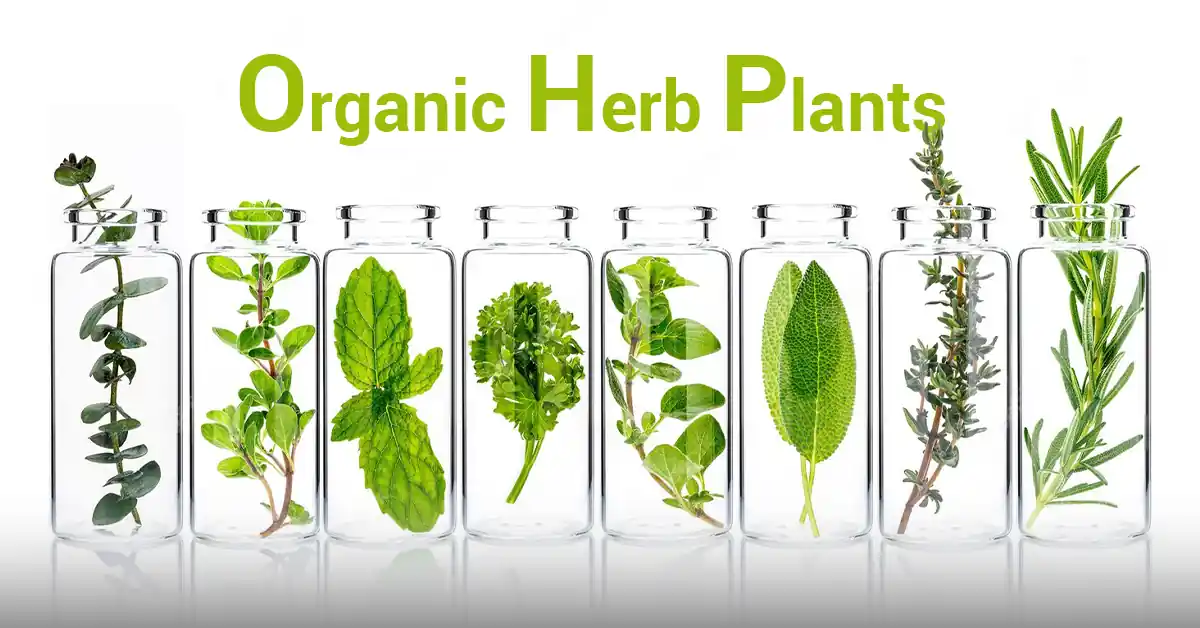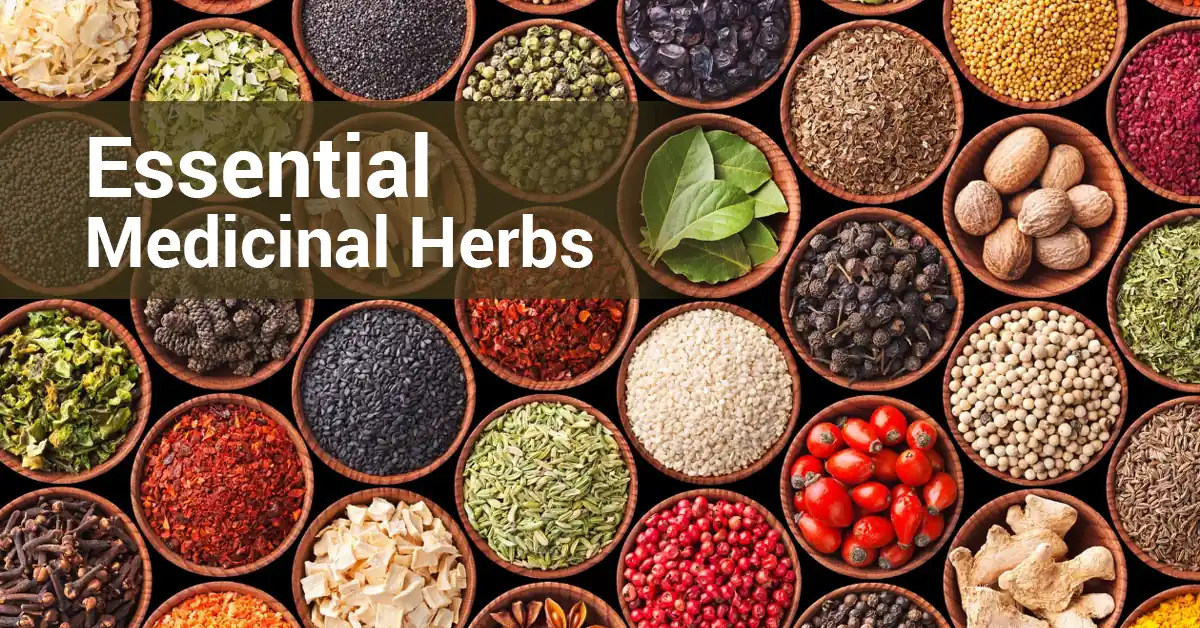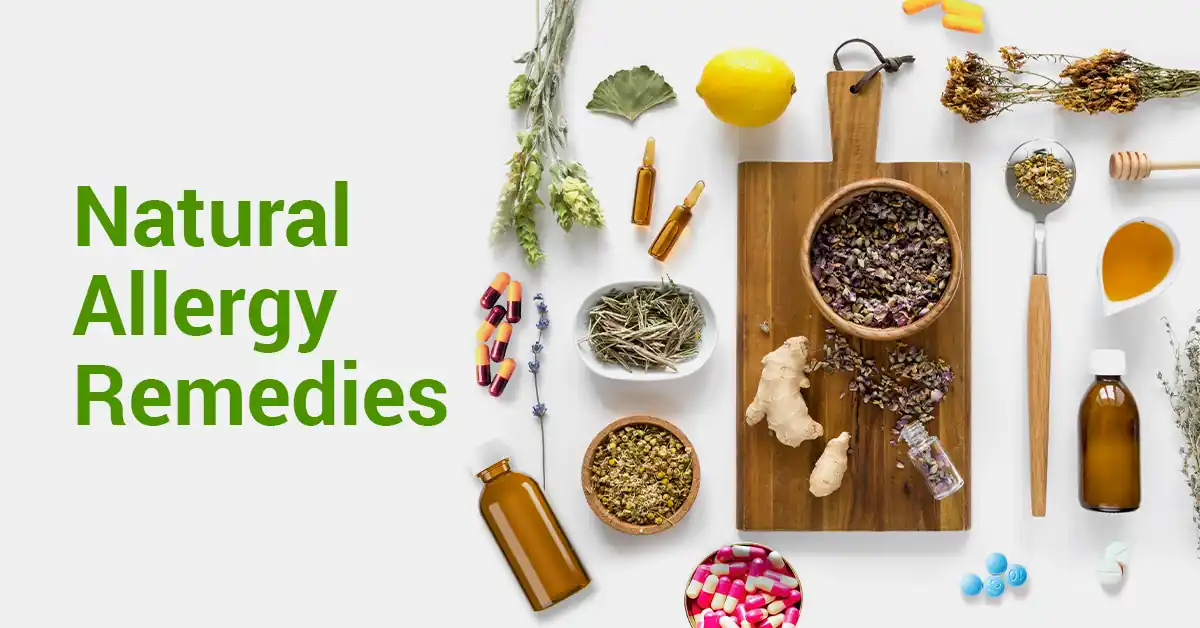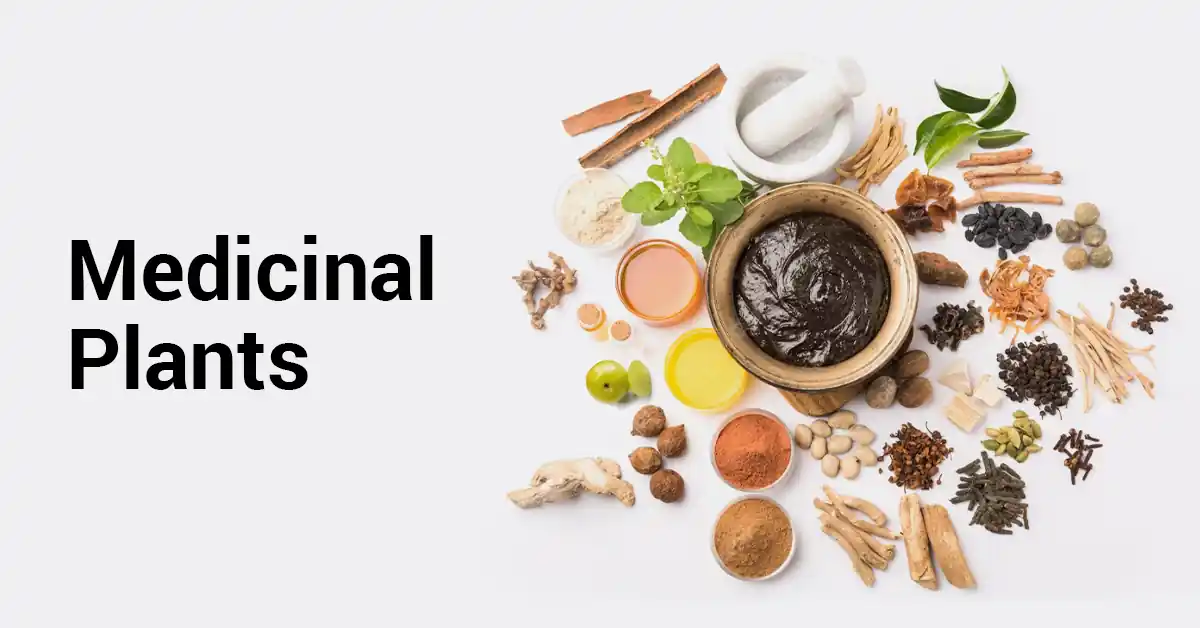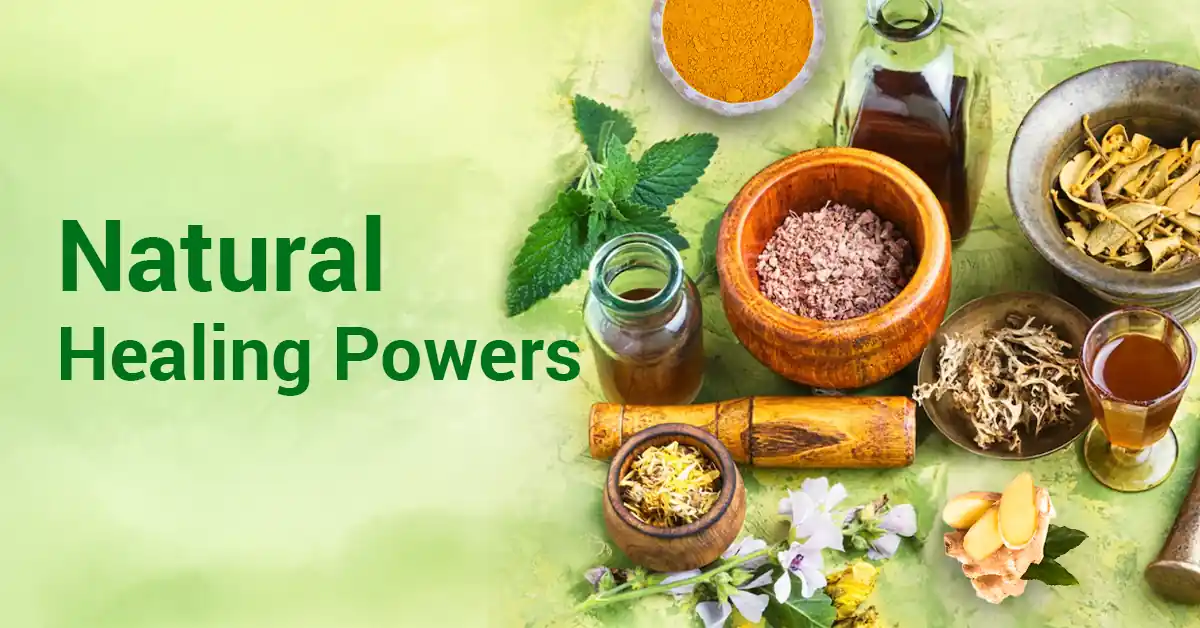This comprehensive article aims to debunk 20 common myths surrounding traditional medicine, shedding light on its power and richness as an ancient healing practice. By investigating the definition, types, models, advantages, and history of conventional medication, including Ayurveda and Customary Chinese Medication, pursuers will acquire a more profound comprehension of its all-encompassing way to deal with medical services. (Che, C.T., George, V., Ijinu, T.P., Pushpangadan, P. and Andrae-Marobela, K., 2017.)
The article like wise talks about the distinctions between conventional medication and elective medication, featuring the novel commitments of each. All through the excursion, the article underscores the significance of overcoming any issues among conventional and present-day ways to deal with medical services, perceiving the priceless insight and social wealth implanted inside customary medication. By unraveling misconceptions and exploring the profound healing potential of medicine, readers will be inspired to embrace the holistic wisdom of ancient healing practices and open up new avenues for comprehensive health and well-being.
Traditional medicine, with its foundations in old recuperating, rehearses, has frequently been covered in legends and confusions. In this article, we aim to debunk 20 common myths surrounding medicine, shedding light on its true potential and the invaluable wisdom it offers. By exploring the definition, benefits, and examples of medicine, we will challenge these misconceptions and showcase the holistic approach and cultural richness embedded within these ancient healing practices. (Sayed, M.D., 1980.)
Myth 1: Traditional Medicine Is Primitive And Outdated
Traditional Medicine offers all-encompassing methodologies, customized care, and important bits of knowledge about the interconnectedness of the body, brain, and soul. In reality, traditional medicine combines centuries of wisdom and experience, offering holistic approaches to healing that complement modern medical practices.
Myth 2: Is Based On Superstition
In spite of the conviction that traditional medicine is established in notion, it is really grounded in social convictions, experimental perceptions, and a profound comprehension of the interconnectedness of the body, psyche, and soul.
Myth 3: Has No Scientific Basis
Some skeptics argue that traditional medicine lacks scientific evidence. Not with standing, various examinations have been led to approve the viability of different conventional mending works, giving logical support to their utilization in advancing well-being and prosperity.
Myth 4: Is Only About Herbal Remedies
While herbal remedies play a significant role in traditional medicine, it encompasses much more. Conventional mending rehearses frequently incorporate dietary changes, active recuperations, energy-based procedures, care practices, and way of life changes.
Myth 5: Is Incompatible With Modern Medicine
Traditional medicine is not an adversary to modern medicine; instead, it can complement and integrate with it. Numerous medical services frameworks currently perceive the worth of traditional medicine and endeavor to consolidate the most ideal scenario for ideal patient consideration.
Myth 6: Is Just Placebo Effect
Some people dismiss traditional medicine as a mere placebo effect. However, the therapeutic effects of traditional medicines often extend beyond psychological factors, showing tangible benefits in managing chronic conditions, promoting wellness, and supporting overall health.
Myth 7: Is Unregulated And Unsafe
It is a misconception that traditional medicine lacks regulation. Numerous nations have administrative bodies and norms set up to guarantee the well-being, quality, and adequacy of customary mending rehearses, similar to present-day medication.
Myth 8: Is Culturally Exclusive
While traditional medicine may have originated from specific cultures, its principles, and practices can be adapted and applied cross-culturally. The core essence of traditional medicine, focusing on holistic well-being, can resonate with individuals from diverse backgrounds.
Myth 9: Is Slow And Inefficient
The perception that traditional medicine is slow and inefficient is unfounded. While some conditions may require longer treatment durations, traditional healing practices often focus on addressing the root cause of illnesses, aiming for sustainable healing and long-term well-being.
Myth 10: Cannot Treat Serious Illnesses
Traditional medicine has a long history of effectively managing and treating various serious illnesses. For instance, Traditional Chinese Medicine has successfully played a role in cancer treatment and supportive care, alongside modern medical interventions.
Myth 11: Is Based On Mystical Beliefs
Traditional Medicine may incorporate spiritual elements, but they are not solely based on mystical beliefs. They often draw on empirical observations, accumulated knowledge, and a comprehensive understanding of the body’s intricate systems.
Myth 12: Is Only Relevant In Developing Countries
Traditional medicine is not limited to developing countries. Many created countries perceive its worth and integrate customary mending rehearses into their medical care frameworks, advancing an integrative and patient-focused way to deal with wellbeing and health.
Myth 13: Is A One-Size-Fits-All Approach
Contrary to the belief that traditional medicine applies a one-size-fits-all approach, it actually emphasizes personalized care. Traditional healers consider individual differences, lifestyle factors, and unique patterns of disharmony when tailoring treatment plans.
Myth 14: Cannot Address Mental Health Issues
Traditional medicine offers valuable approaches to mental health. Rehearses like contemplation, needle therapy, and natural cures have been displayed to successfully lessen pressure, tension, and sorrow, advancing profound prosperity and reestablishing harmony.
Myth 15: Is Only for Alternative Health Seekers
Traditional medicine is not limited to those seeking alternative health options. It can help anybody search for all-encompassing ways to deal with well-being, counteraction, and taking care of oneself. The integration of traditional and modern medicine can provide comprehensive healthcare solutions for individuals.
Myth 16: Is Not Supported By the World Health Organization (WHO)
The World Health Organization perceives the significance of traditional medicine and has been effectively advancing its reconciliation into public medical care frameworks around the world.
Myth 17: Has No Side Effects
While traditional medicine often utilizes natural remedies, it is not devoid of side effects. Nonetheless, when utilized accurately and under the direction of prepared specialists, the gamble of unfriendly impacts is limited, guaranteeing the security and prosperity of patients
Myth 18: Is Inferior To Western Medicine
Traditional medicine and Western medication have various methodologies yet can coincide and complete one another. Every frame work has its assets and impediments, and the combination of both can prompt more extensive and patient-focused medical services.
Myth 19: Is Expensive
Traditional medicine can be reasonable and open, particularly in districts where it is profoundly imbued in the way of life. Also, the accentuation on preventive consideration and generally speaking well-being in conventional medication might bring about diminished medical services costs over the long haul.
Myth 20: Is A Thing Of the Past
Traditional medicine continues to evolve and thrive in modern times. It’s rich history and enduring presence across cultures speak to its timeless relevance and the enduring wisdom it holds for promoting health and well-being.
By debunking these 20 myths surrounding medicine, we have revealed the true power and richness of ancient healing practices. Herbal medicine offers all-encompassing methodologies, customized care, and important bits of knowledge about the interconnectedness of the body, brain, and soul. As we bridge the gap between traditional and modern healthcare, embracing the strengths of both, we unlock new possibilities for comprehensive well-being. It is time to recognize and appreciate the immense wisdom and cultural heritage embedded within medicine and harness its potential for a healthier and more balanced future.
You Can Also Read: Discover the Natural Healing Powers of Herbal Medicines for Common Ailments
